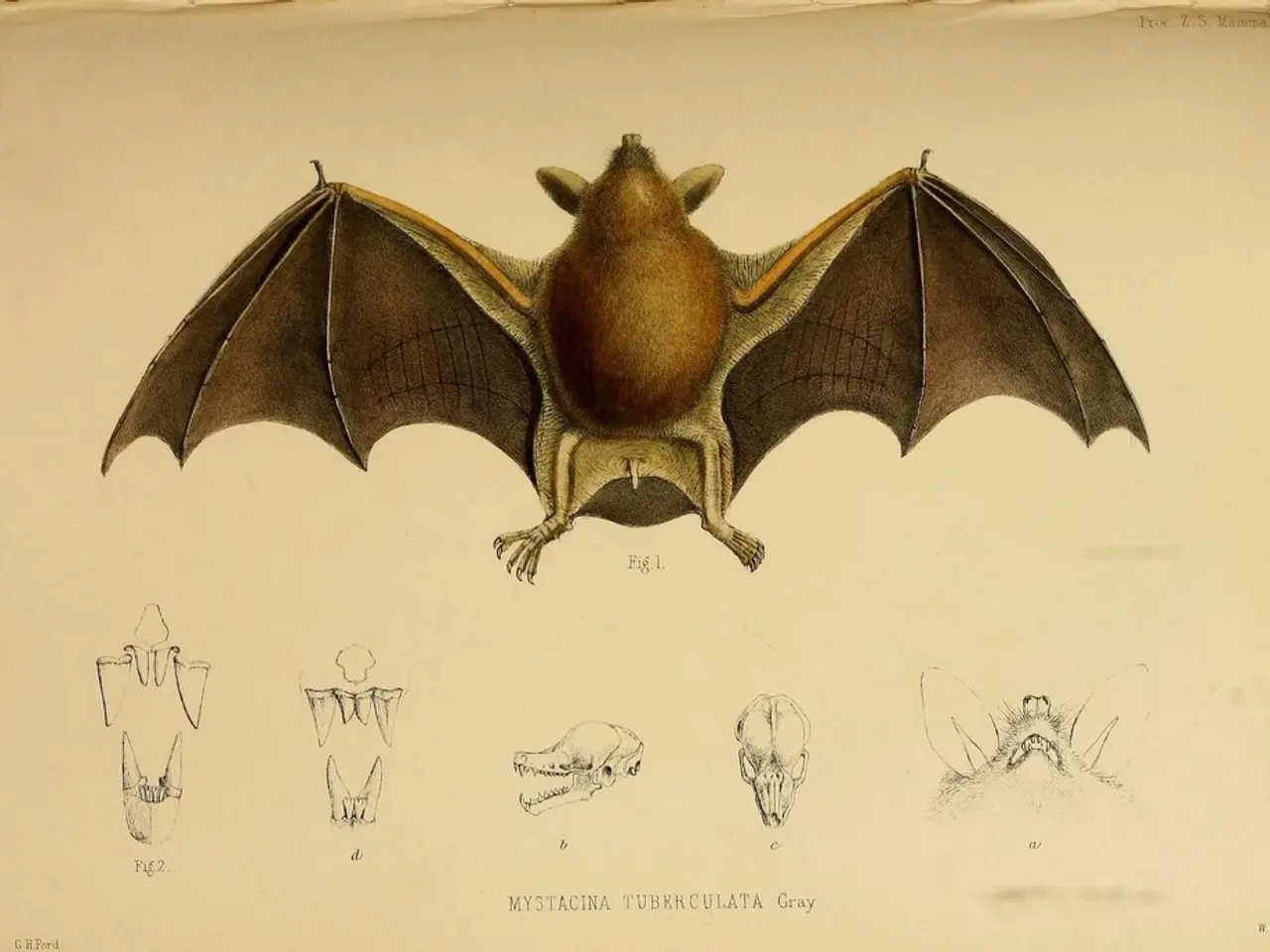HPQ Silicon's yearly production capacity for HPQ ENDURA+ 18650 cells totals 1.5 million units.
HPQ Silicon Inc. and its subsidiary, Novacium SAS, are making significant strides in the lithium-ion battery industry. The companies are in active discussions with potential public and private financing partners to support the development and construction of a dedicated 50-tonnes per year (TPY) pilot plant for the production of GEN3 engineered silicon-based anode material.
This scale of output would represent a significant step toward addressing the fast-growing demand for high-performance cylindrical lithium-ion batteries. Scaling up the production capacity would enable the manufacture of approximately 40 million HPQ ENDURA+ and/or NOVACIUM-branded 18650 battery cells annually.
Securing the required financing represents the next critical milestone for HPQ and Novacium. The financial partners actively in discussions with the companies regarding financing for the development and construction of the 50-TPY pilot plant are Orion Resource Partners and MetCube Holdings.
Once completed, the project will transition into detailed engineering, followed by construction and commissioning. With the construction of a dedicated plant, HPQ and Novacium will be able to deliver tens of millions of advanced cells annually, strengthening their ability to monetize their technology portfolio and pursue North American production opportunities in line with global supply chain priorities.
HPQ Silicon Projects Annual Capacity of 40 million HPQ ENDURA+ 18650 Cells, according to a source not provided. The facility, when built, will be specifically designed for the production of GEN3 anode material.
The increased production capacity of GEN3 engineered silicon-based anode material strengthens HPQ and Novacium's position in the market. Comparable 18650 cells on the market typically offer lower energy density and shorter cycle life.
Bernard Tourillon, President and CEO of HPQ Silicon Inc. and Novacium SAS, stated that the production capacity demonstrates the commercial readiness of their GEN3 technology. Mr. Tourillon further stated that scaling to 50 tonnes per year marks the bridge from limited pilot output to industrial relevance.
Currently, Novacium's Lyon, France, facility can produce approximately 2 tonnes per year of GEN3 anode material. Expanding this production capacity to 50 TPY would be a substantial leap forward for the companies.
HPQ Silicon Inc. and Novacium SAS have announced that Novacium has finalized its 2025-2026 production plan for GEN3 engineered silicon-based anode material. This production level supports the manufacturing of up to 1.5 million HPQ ENDURA+ and/or NOVACIUM-branded 18650 lithium-ion battery cells annually.
Upon reaching the 50-TPY production capacity, HPQ and Novacium will subcontract cell production to a large-scale battery manufacturer with existing infrastructure to meet the required volumes. This strategic move allows the companies to focus on the production of GEN3 anode material while ensuring the efficient and high-quality manufacture of the resulting battery cells.
The construction of this 50-TPY pilot plant is a significant step forward in the lithium-ion battery industry, promising to deliver high-performance, long-lasting batteries to meet the growing demand for sustainable energy solutions.
Read also:
- International powers, including France, Germany, and the UK, advocate for the reinstatement of sanctions against Iran.
- Republicans advocate Trump's domestic policy plans in Iowa, though some business owners remain skeptic
- Procedure for Granting the Contract Has Been Instigated by the Commission
- Auto Industry Updates: Geotab, C2A, Deloitte, NOVOSENSE, Soracom, and Panasonic Make Headlines in Connected Car Sector News







